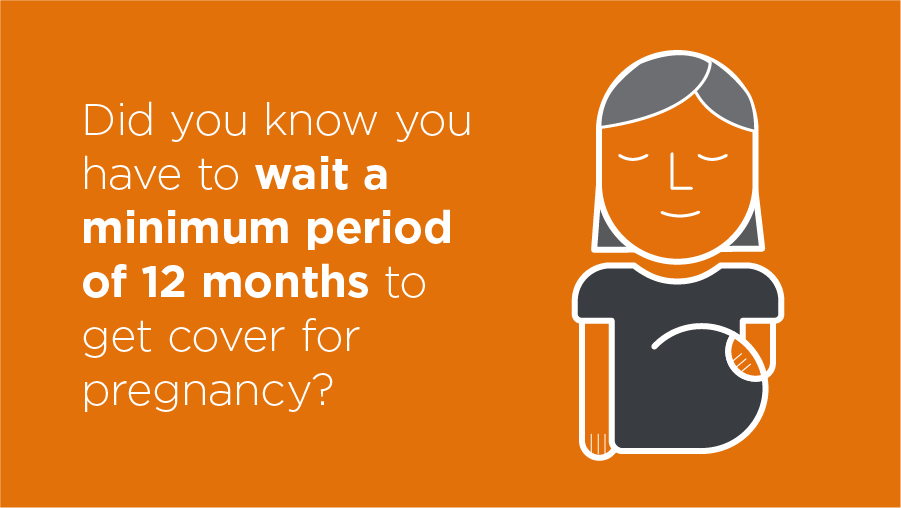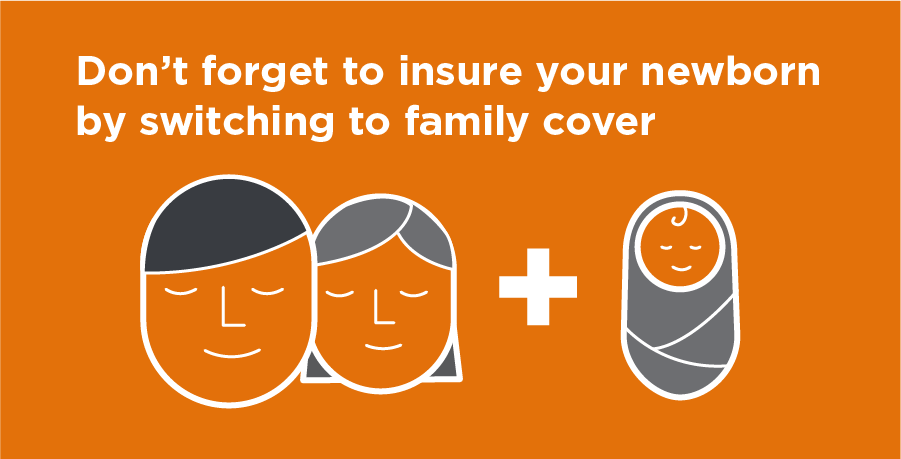Pregnancy Cover Through Health Insurance
Pregnancy Cover Through Health Insurance
What’s the deal with Pregnancy Cover?
When it comes to Hospital Cover, generally only Gold Policies – or the rare Silver Plus Plan – cover pregnancy. This means the birth itself, plus obstetrics treatment in the lead-up to it. When it comes to Extras, you have more freedom to choose your own pregnancy adventure. Prenatal classes? Acupuncture? Remedial massage? It’s up to you.
Do I need Pregnancy Cover?
Pregnancy is covered by the public health system, so if you’re thinking about having a baby, you might be wondering whether Private Cover is worth it. Ultimately, it depends on your specific preferences and priorities. If you’d like to give birth in a private hospital or you’d like more flexibility and choice in your care, it’s probably a good bet.
The benefits of Health Insurance for pregnancy
You can choose your own doctor
In the public system, you often can’t choose which midwife or doctor you see. You also can’t necessarily see the same doctor over the course of your pregnancy. On the other hand, in the private system, you can choose your doctor. They’ll also treat you throughout your pregnancy, birth and afterwards. If this kind of choice and continuity is important to you, you probably want Private Health Insurance.
You can (potentially) stay in a private, nicer room
In the public system, you might need to share a hospital room with others, which could mean your partner can’t stay overnight with you. As a private patient, you’re more likely to get a private room after you give birth, whether you’ve opted for a private hospital or a public one. In a private hospital, you might also have access to more pleasant facilities – and get to stay in hospital a bit longer if you want to.

Frequently Asked Questions
What are the waiting periods for Pregnancy Cover?
No matter what your plans are, the time to get Pregnancy Cover could be now. That’s because once you’re already pregnant, it’s a little too late. Generally, there’s a 12-month waiting period before you can claim pregnancy treatments on your Private Health Insurance. A good rule of thumb is to get your insurance sorted six months before you conceive, so your bundle of joy is born safely outside the 12–month waiting period, once you’ve locked in your obstetrician and hospital of choice.
What could my out-of-pocket expenses be?
Having a baby in a private hospital can be expensive. For this reason, it’s important to understand your coverage before choosing a policy. As well as your chosen excess, you might be expected to pay for all or some of:
- your hospital fees
- check-ups with your obstetrician
- visits to a paediatrician
The good news is that some of these costs can still be covered by Medicare. There’s also potentially a gap between what a treatment costs and the cost it has listed on the Medicare Benefits Schedule. Unless your provider has a gap cover agreement with the hospital you choose, you’ll probably need to pay that too.
When should I upgrade to a Family Policy?
The definition of Pregnancy Insurance is pretty literal: It insures your pregnancy and birth, but not your child once they’re born. To make sure your baby’s covered, you’ll need to investigate the options under Family Cover.
Timing is also important here. Many providers ask you to upgrade your Health Insurance to a Family Policy three months before your baby’s birth. But some expect you to upgrade as much as a year in advance. So it’s worth checking directly with your fund.
Where can I compare Health Insurance Policies?
Whether you’re looking for Hospital Cover, Extras, or both, figuring out which policy is right for you can be overwhelming. That’s where we come in! Give us a call on 1800 784 772 and our friendly team of comparison experts can help you find a policy that matches your priorities. Or if you’d rather sort it out online, you can do that in just a few clicks.

.svg)






